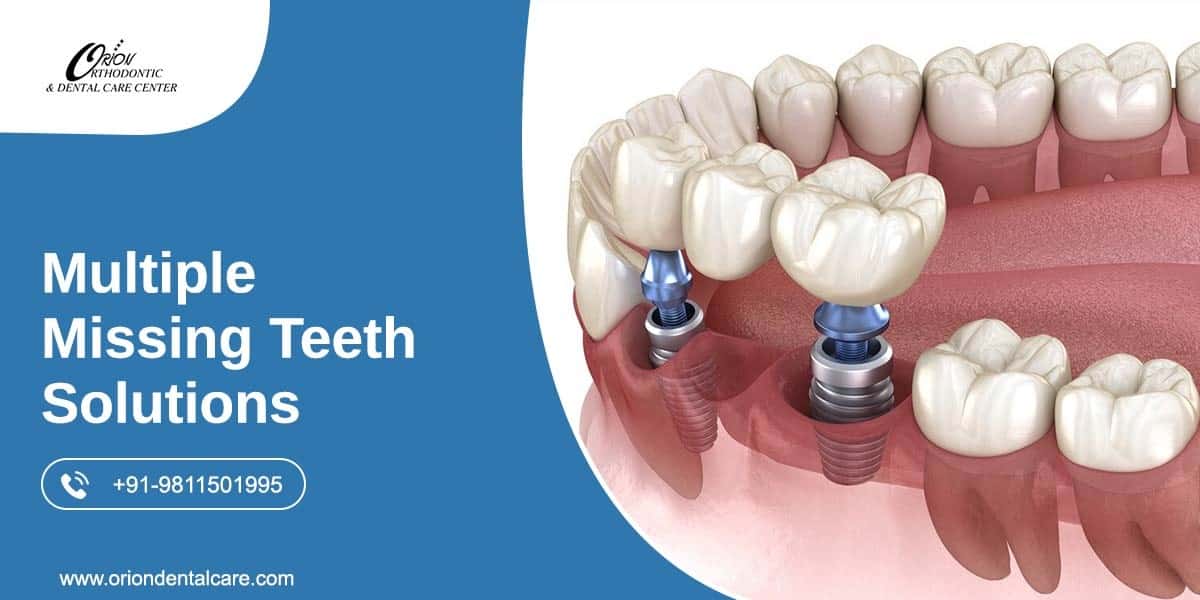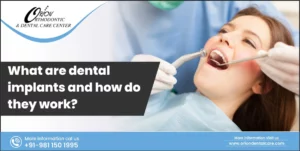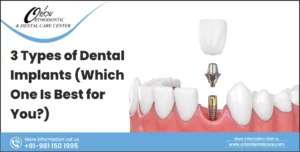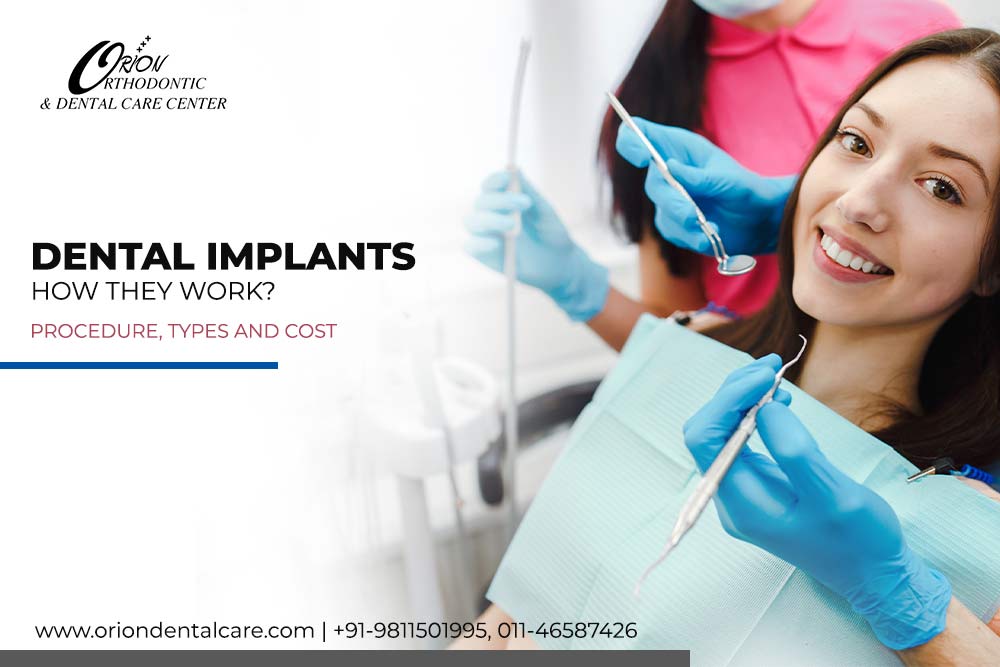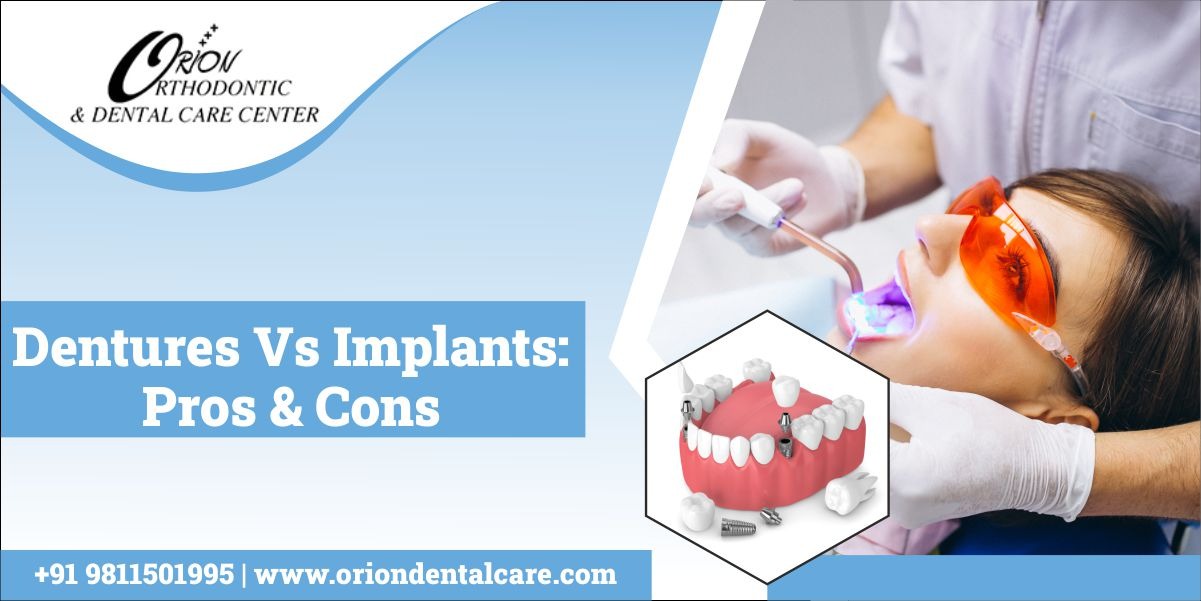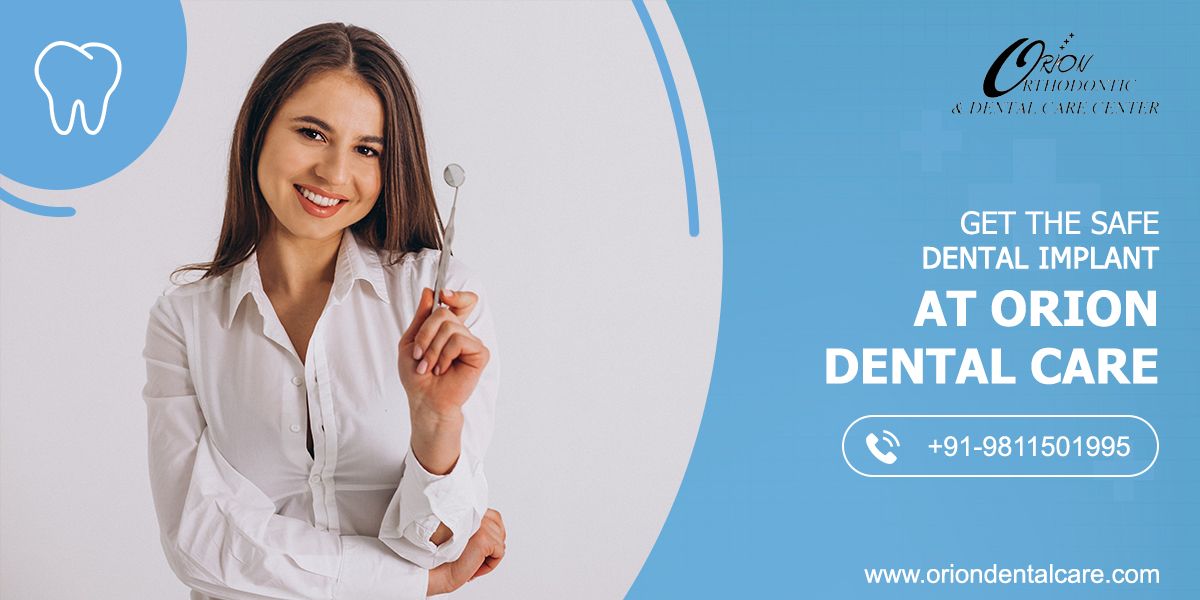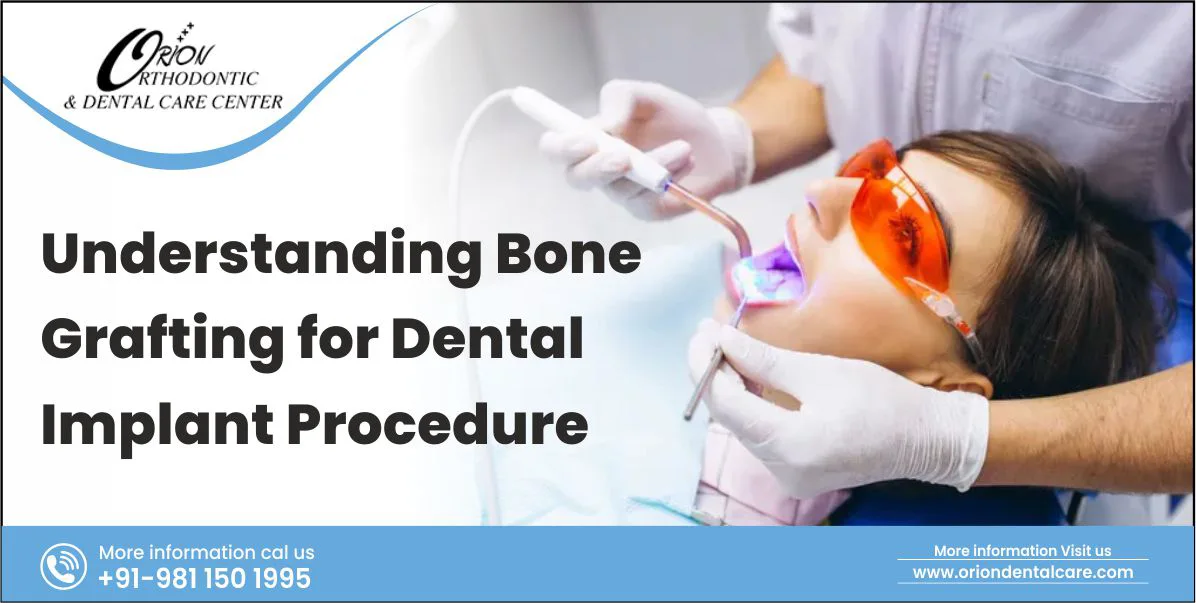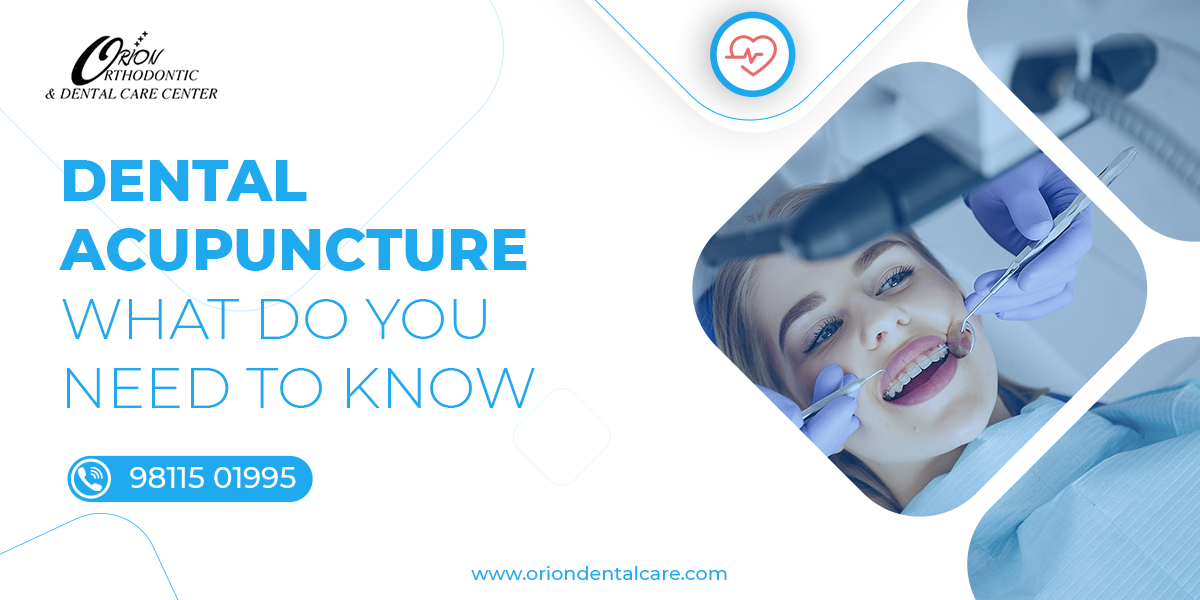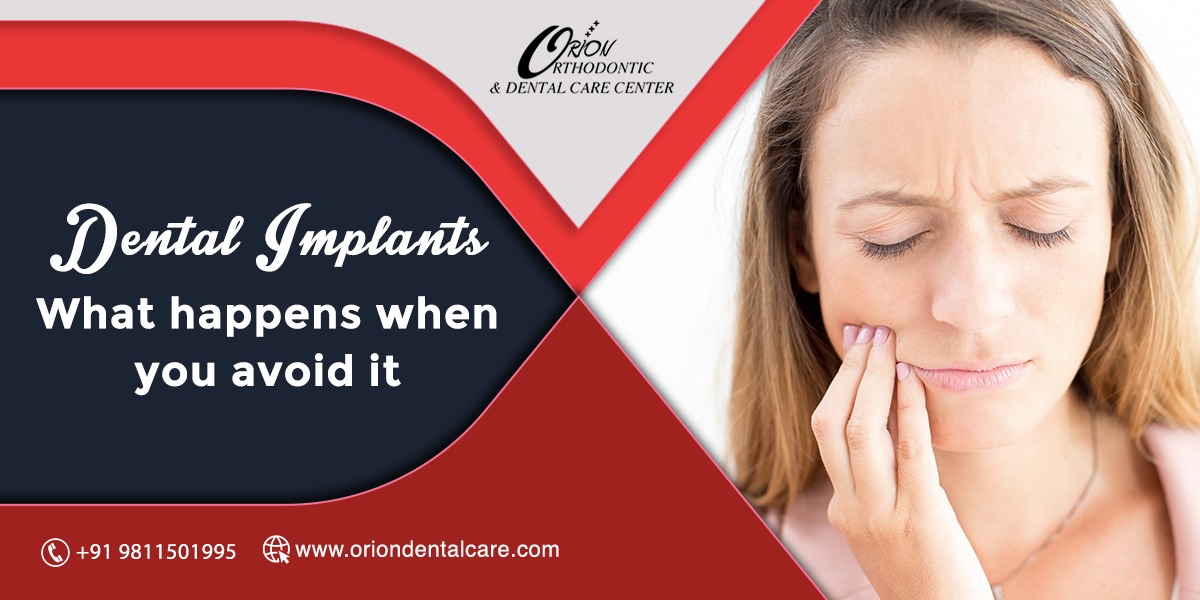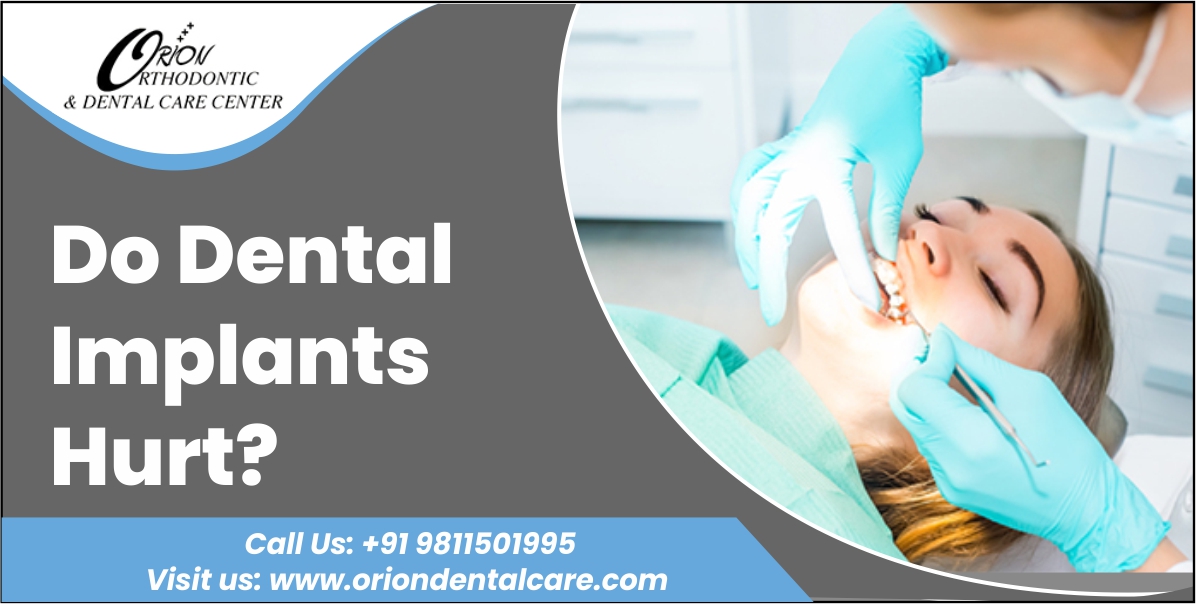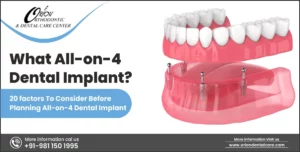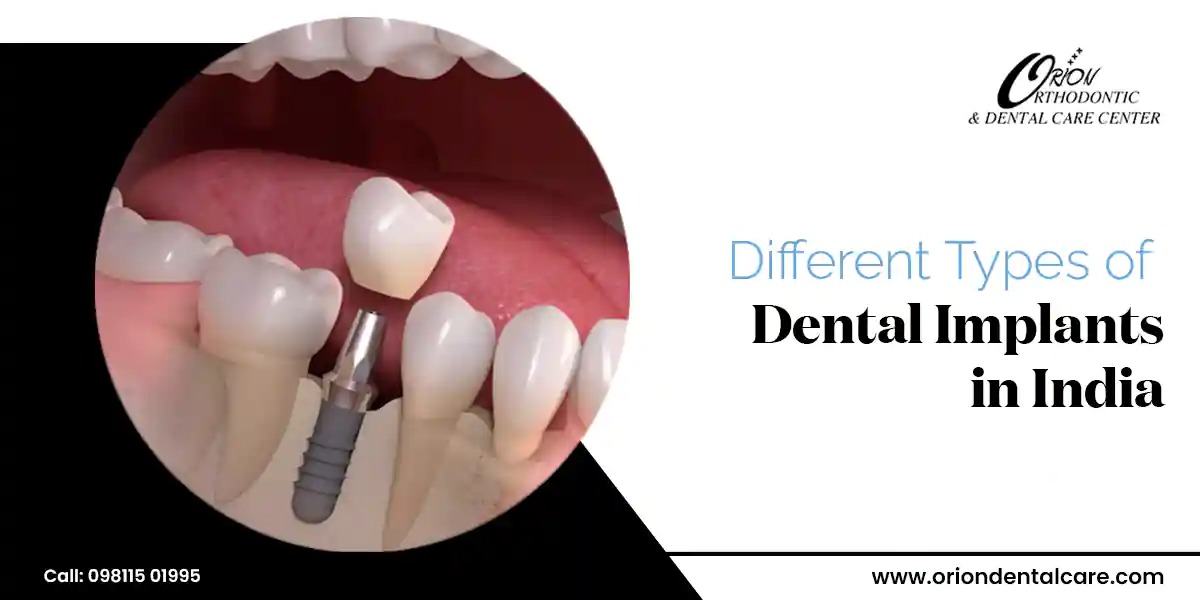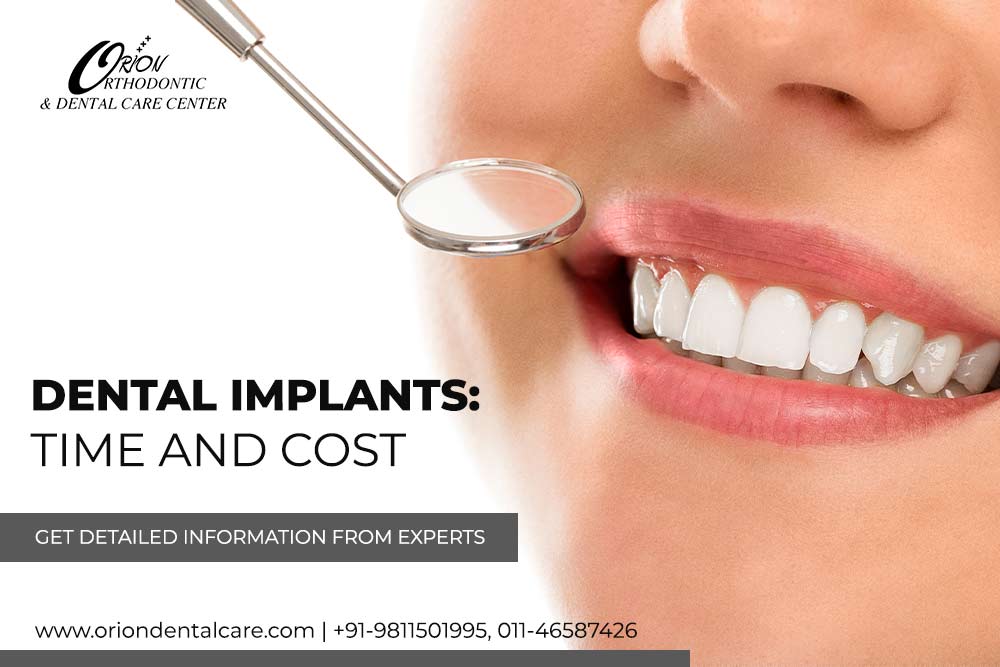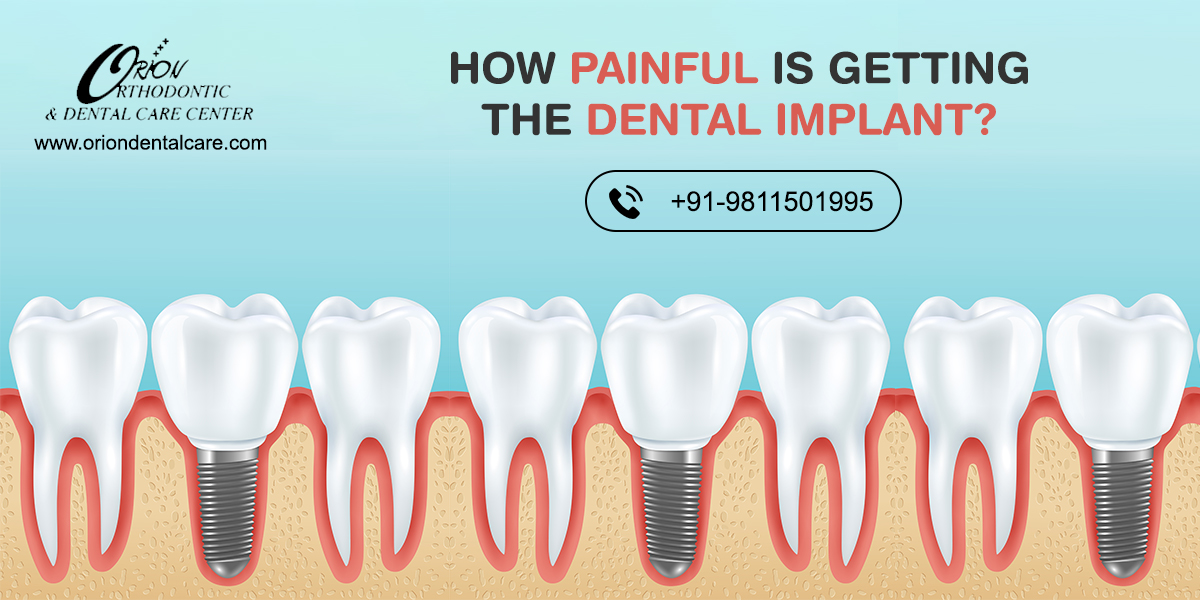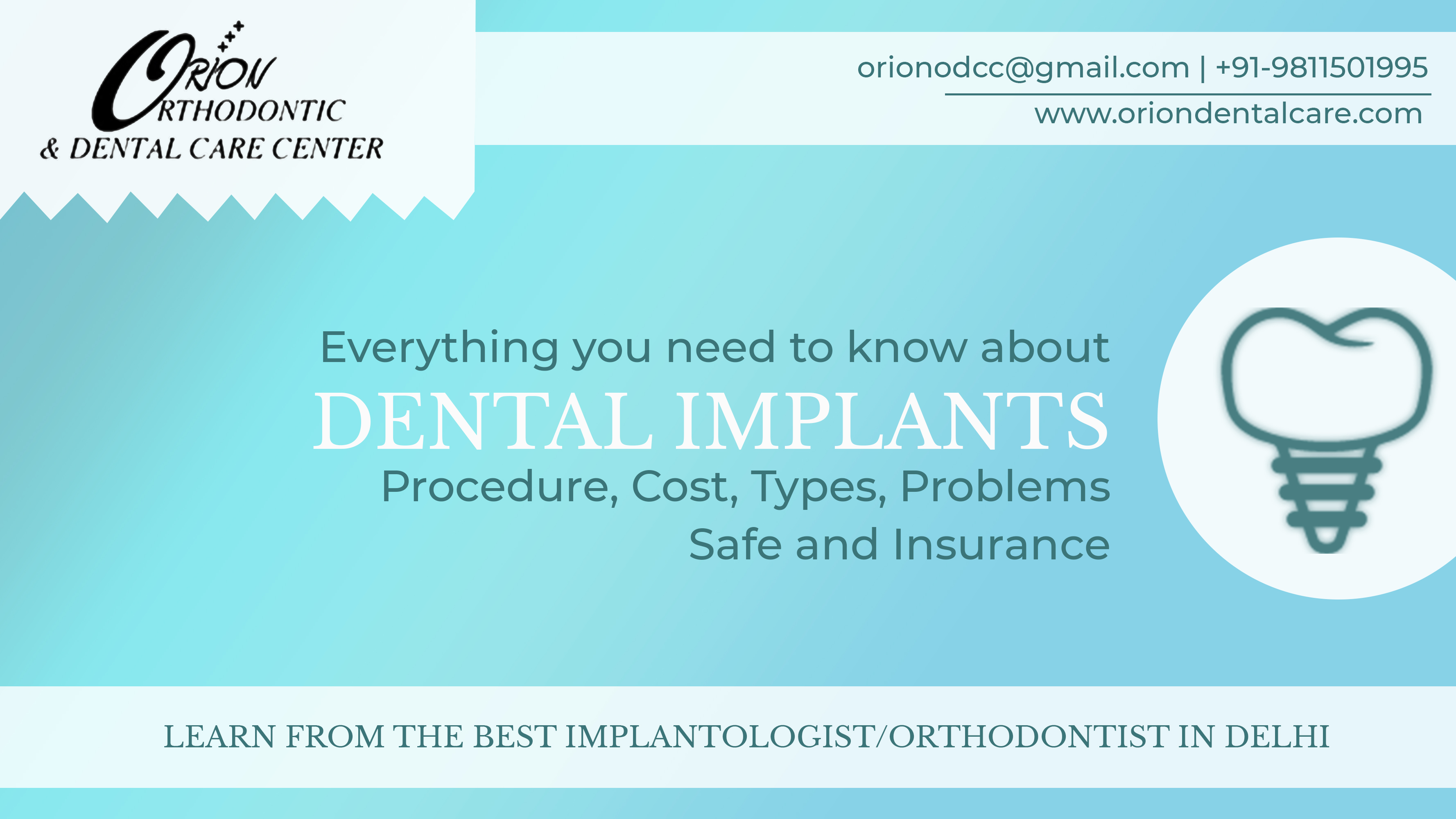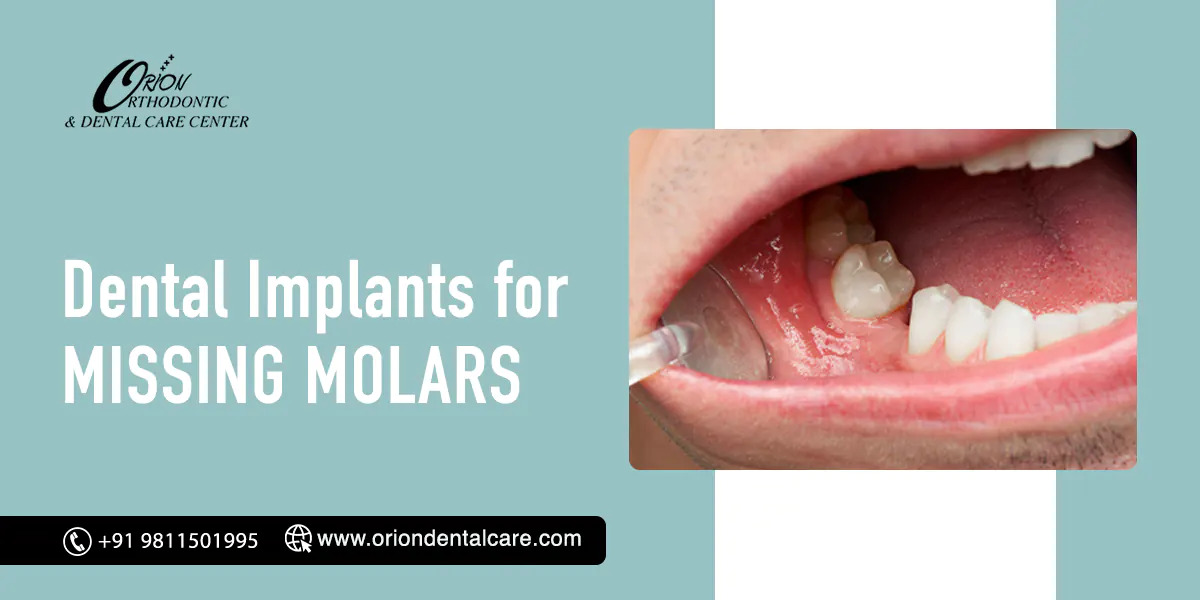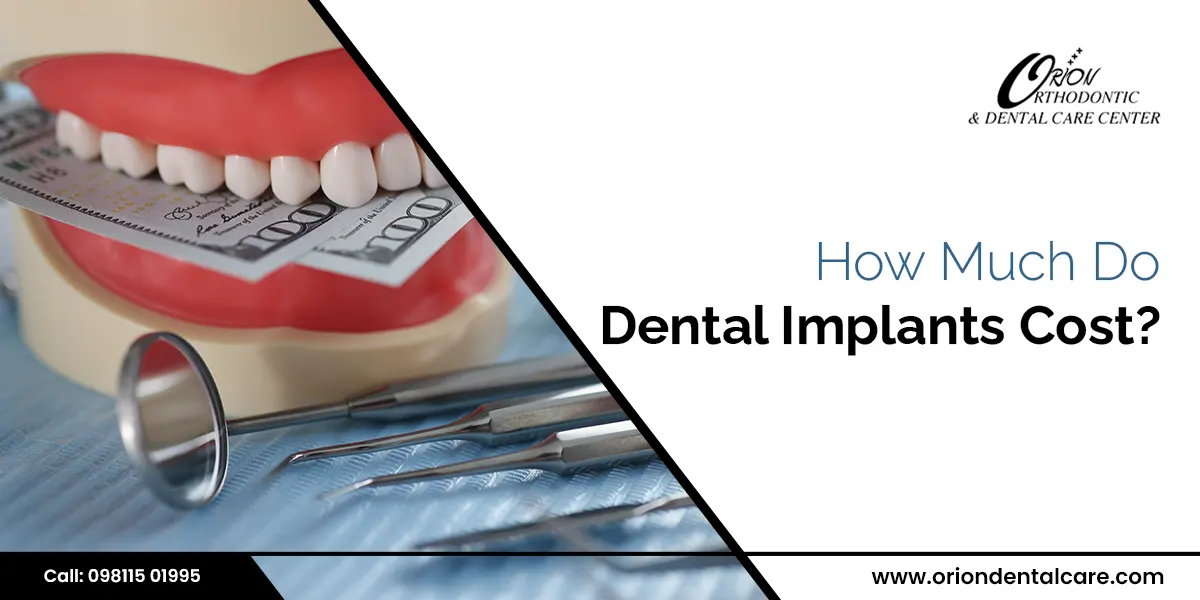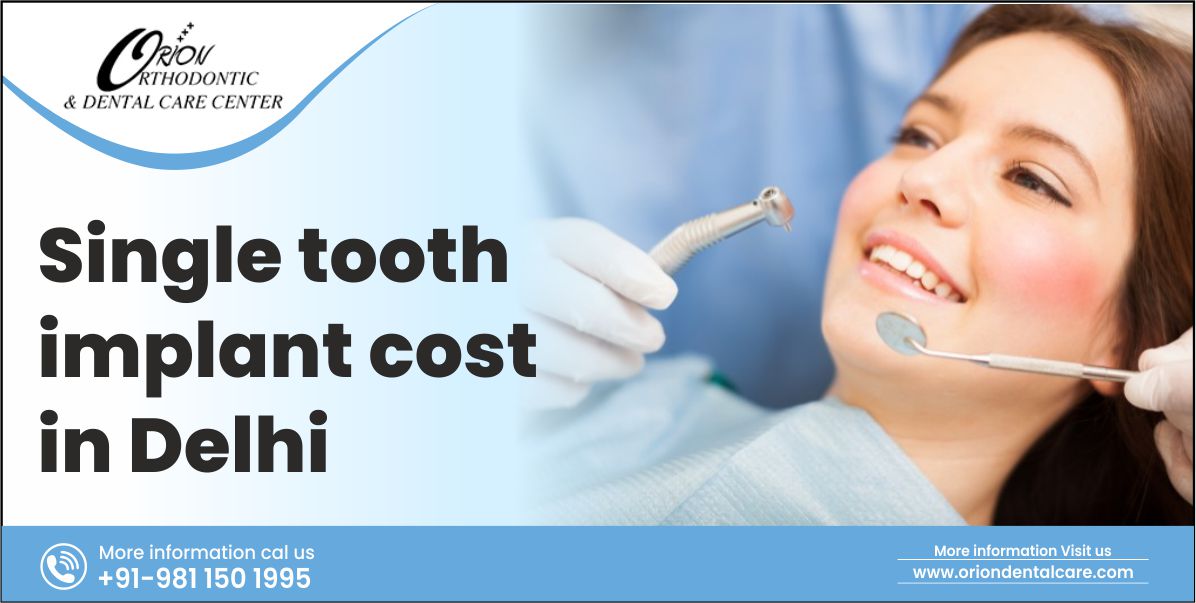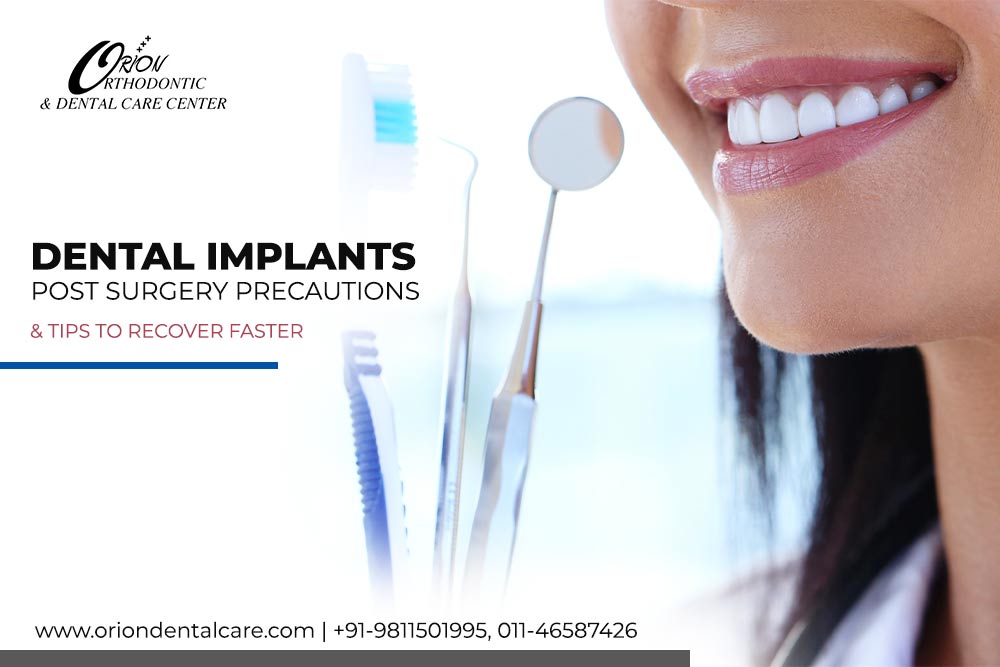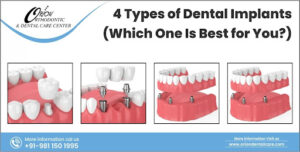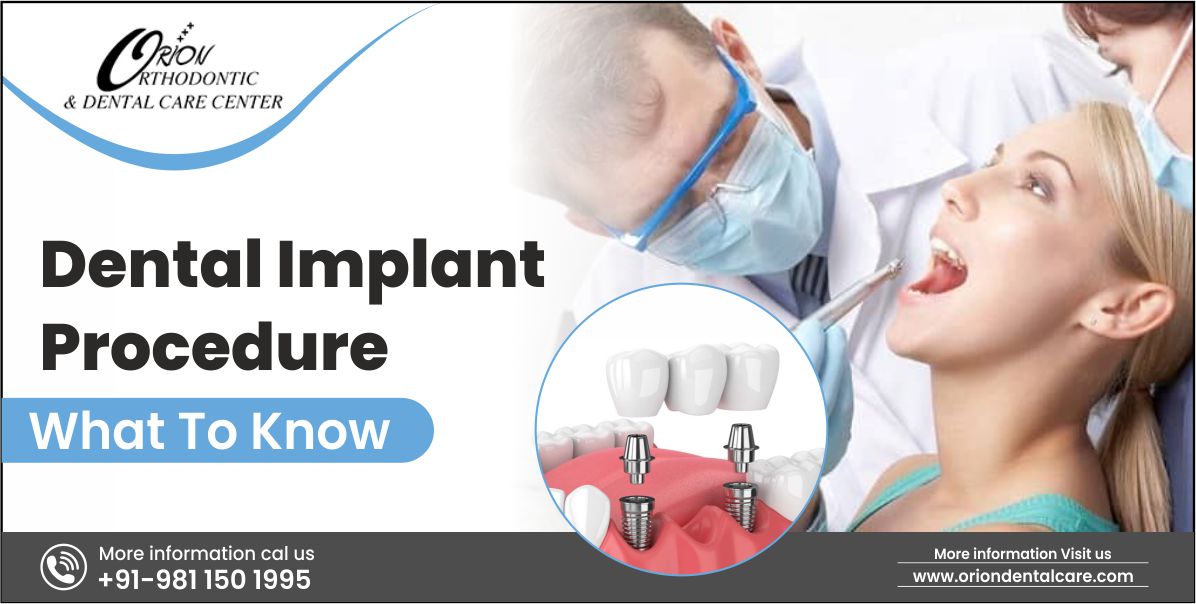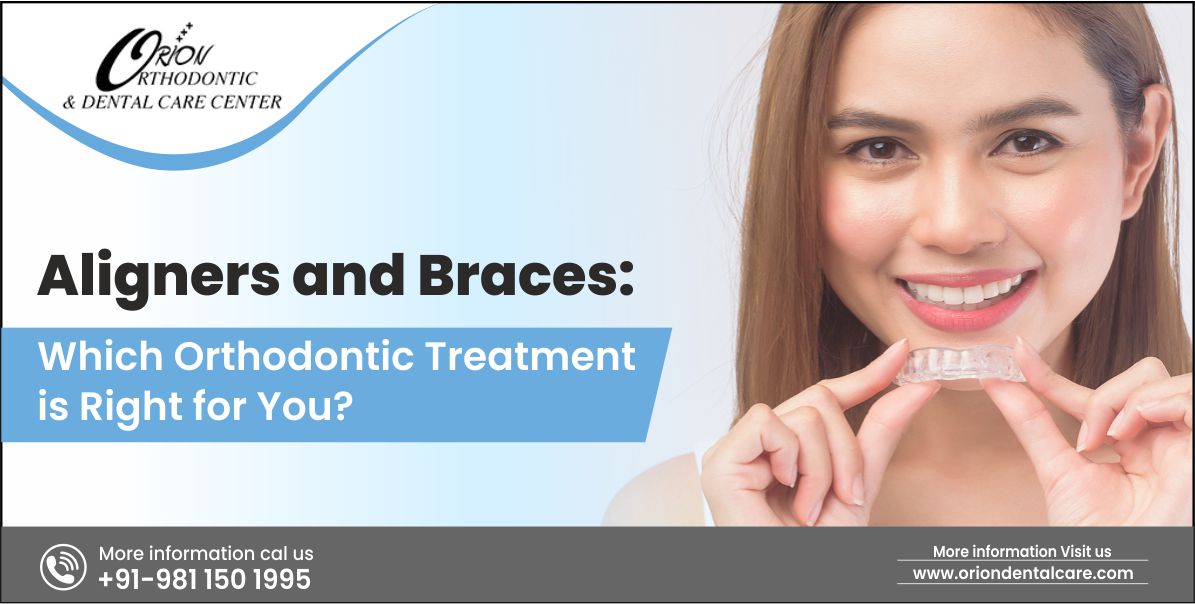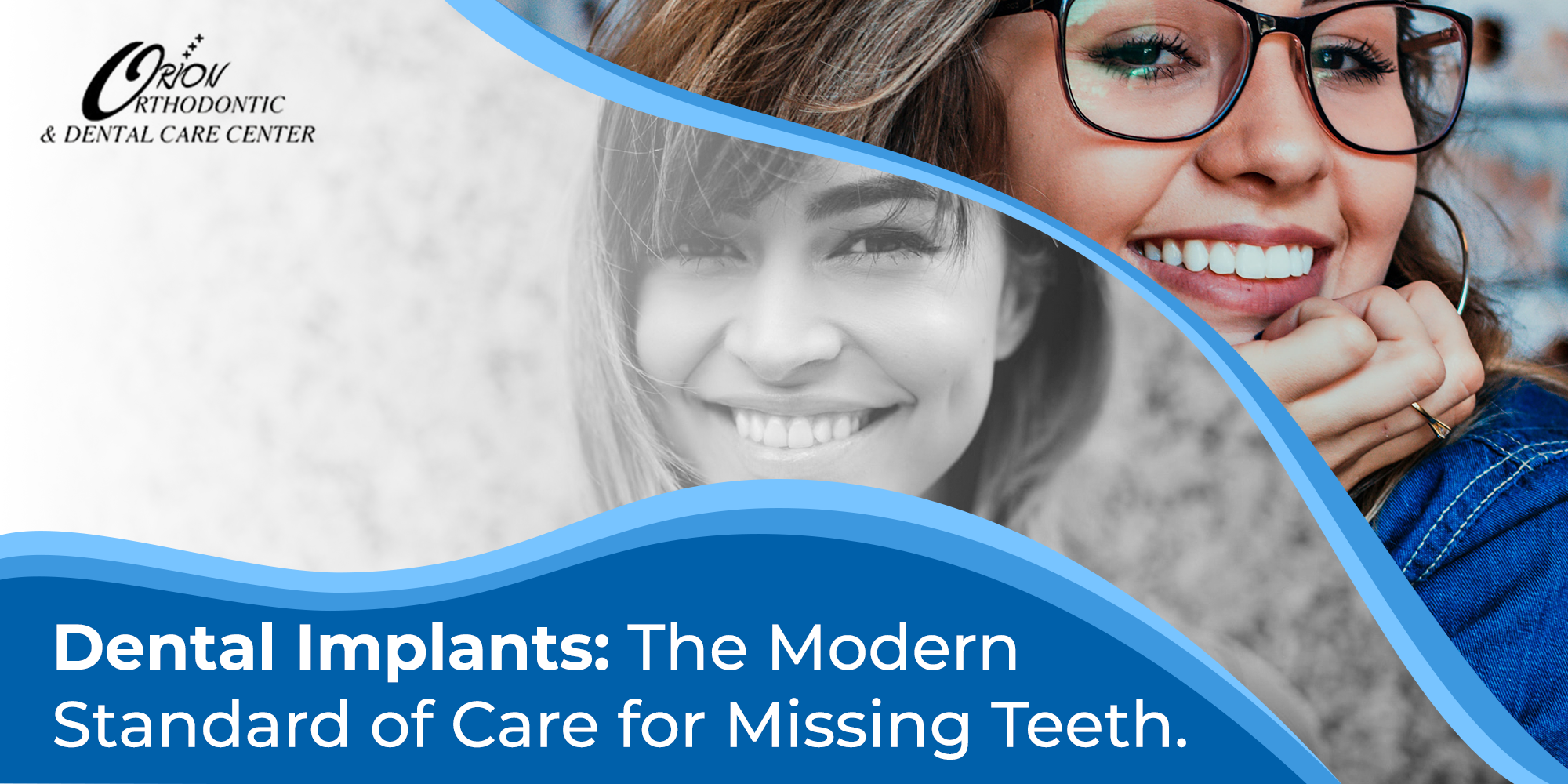Loss of natural tooth/teeth can be a nightmare disrupting normal functions like eating and speaking. It shatters ones self-confidence as no teeth means no smile and missing teeth adversely affects your look and feel. Thankfully, dentistry has come miles afar and many treatment options are available to restore your beautiful smile and oral functions to your original and natural condition. One of the best and permanent solutions for replacement of multiple missing teeth is Dental implant. For details on treatment options best for you, you must know the best dental clinic in Delhi with the best Implants in South Delhi.
Here, we will walk you through all the needful information on Dental Implants solutions for missing teeth, their risks and benefits including the cost of Dental Implants in Delhi.
Table of Contents
Feel free to skip ahead if one topic catches your eye:
- Issues with Multiple Missing Teeth
- Dental Implantation Procedure for multiple teeth
- Risks and Complications
- How Do Multiple Dental Implants Make Your Life Easier?
- Recovery and Maintenance
- Cost of Dental Implants in Delhi.
Issues with Multiple Missing Teeth
Imagine how would you feel when you are not able to eat your favourite fruit or candy, not getting your dream job just because you can’t speak properly and lack confidence because of missing teeth? Dental implants can give you a solution, but how will you know that you need implants? Let us look into this.
- When your teeth are missing or chipped- if you want the replacement teeth to look exactly like your natural teeth then this is the best option for you.
- Dentures do not fit properly- When dentures become loose, cause pain and discomfort, implants can help to provide support and a better fit and comfort.
- A sign of infection– If the infection is such that the tooth cannot be saved, a dental implant is an ideal solution to prevent further damage to the oral tissues.
- Deterioration of jaw bone– If you see your face and skin sagging, that means your jaw bone is receding. Implants prevent recession of bone and other tissues maintaining their integrity; promote bone growth, thus maintaining proper face structure.
Always consult your dentist when you face any of these problems. She/he may advise you Implants based on your dental condition.
Much more serious complications can occur if missing teeth are not managed properly and you if you fail to get dental implants.
- Chewing difficulty- Chewing is the major function of your teeth, and missing teeth obviously makes this difficult and painful.
- Issues with Speech- Missing teeth alter your speech and clarity, resulting in diminishing confidence.
- Shifting of teeth-The space caused by missing teeth makes the tooth nearby to overgrow and move towards the empty space causing the occlusion to disturb and problems like headaches, jaw ache, pain while biting etc. can occur.
- Bone Loss and early aging-Missing teeth causes the underneath bone to become weak and shrunken because of underuse. This causes sagging of facial structure, making you look much older.
- Loss of Confidence– According to the American Dental Association a large percentage of people felt embarrassed and avoided smiling because of missing teeth.
- Missed opportunity for job– Missing teeth may affect your job seeking ability.
- Mental Health Problems-Depression and anxiety affect mental wellbeing.
- Tongue and cheek bites
Dental Implantation Procedure for Multiple teeth
There are various options for implants for multiple teeth but the type of dental implants, shall be decided by you and your dentist depending on your oral health.
- Always let your dentist know about all your medical conditions (Past and present) and all ongoing medications.
- Before the procedure, multiple tests are done to determine the condition of jaw bone, gum line, surrounding teeth and structures.
- Preparation of Bone by bone grafting may be done if your bone is not thick enough.
Procedure
Placement of Dental Implant–Gums are cut open and bones are exposed. Holes are made in the bone and dental implant posts are put deep into the bone as they will now act as your tooth roots. Local anaesthesia is usually given but you can also be sedated if you wish to.
Waiting for bone Growth- after this, the implant has to fuse with your bone (Osseointegration) which takes around 5-6 months varying from each individual. Regular scans are done to evaluate the status.
Abutment Placement– After osseointegration, another minor surgery may be needed to put the abutment where gums are reopened and abutment is attached. Sometimes, they can also be placed at the time of placement of posts. Gums heal in about 2 weeks after abutment placement
- Placing new artificial teeth– after healing of gums, impressions are taken for your real looking artificial teeth (Crowns). You and your dentist can choose among the various options available. The colour, size, shape and overall look will be well matched with your natural teeth.
Various types of dental implants for multiple teeth include:
Single Implant Crowns– these are single individual implants for individual missing teeth. Although they are really good but not much advisable because of being too expensive and other options are available with similar outcomes at lower cost. In some situations where only two teeth are missing, they can make a good option.
Implant Bridges– In this, the implants are combined with dental bridges with multiple missing teeth. Usually, recommended when few missing teeth are next to each other. Two implants are put on both ends of the gap formed by missing teeth and crowns are attached on the external surface serving as abutments for the bridge. This means two implants for more than two missing teeth.
Implant-supported dentures– It combines implants and dentures when most of the teeth have been lost. You can get 4 to 6 implants into the side of the jaw and dentures are then attached after osseointegration. They may be removable or fixed depending on your condition and wish, but have much more stability.
Risks and Complications
Although Dental implants for multiple diseases has a very high success rate, but like all other surgical procedures it also is associated with certain risks and complications:
Common Problems
- Infection at the site of implant placement– Proper care and following dentist’s instructions are very important to avoid infection. It may be treated depending on the extent and location of the infection.
- Recession of Gums- If the gums around the implants are receding, it can lead to pain and inflammation. See your dentist immediately.
- Damage or injury to other teeth and blood vessels
- Loose Implant– Sometimes the implant does not fuse properly with the surrounding bone resulting in loose implant posts which will have to be removed by the dentist and a 2nd attempt may be done depending on dentist’s advice and your wish.
- Damage to a nerve- If by chance the implant is placed too close to a nerve, it may cause injury to it causing tingling, numbness, burning sensation and pain.
- Sinuses Problems– Sometimes, implants of Upper jaw protrude in the sinus cavities, causing swelling of sinuses (sinusitis). It can cause pain, tenderness and swelling around cheeks, eyes or forehead, blocked nose, headaches, bad breath, tooth pain, yellowish green nasal discharge and elevated temperature.
- Implant Damage due to excessive force
Too much force like that while tooth grinding while sleeping (Bruxism) may cause it to crack or become loose.
Long –term complication:
Peri- Implantitis. A condition where there is inflammation and infection of the gums can cause loss of bone which supports the implants. It is generally due to lack of proper cleaning and hygiene.
How do Multiple Implants make your life easier?
As we read earlier in this article about uncountable advantages of dental implants over other options for multiple missing teeth. They really make your lives a lot easier than you can imagine:
- You can now easily eat all your favourite foods which you had to avoid because of missing teeth or other removable options.
- It prevents bone loss and stimulates bone growth unlike any other missing teeth options.
- Since they are a permanent solution, you need not remove it and clean them daily, so no more cleaning solutions are required.
- They resemble and almost look like your natural teeth, so your appearance, smile and confidence are restored.
- No more speech problems and embarrassments as there is no loosening or slipping of bridges or dentures and so it enhances your professional and social life and overall well being.
- They are definitely much more durable and long lasting and also prevent you from numerous dental visits.
- By eliminating the gaps due to missing teeth, your oral health will increase many fold as the food and debris will not accumulate thus preventing inflammation, pain and infection.
- Mental health is greatly improved as you get rid of depression and anxiety which you might have developed due to your multiple missing teeth.
- It improves your self- esteem and overall confidence since it restores all your dental structures and altered facial appearance and you will feel and look exactly or better than before.
- Last but not the least, it is an investment which you make on yourself and it is a cost effective way in the long run.
Can there be adverse effects associated with acupuncture?i
Acupuncture, in general, is a very simple and less intrusive technique since it does not involve any toxic substances that might hurt the body. Acupuncture does, however, have some very uncommon and undesirable side effects.
It is essential to consult with your dentist or acupuncture practitioner about your body and condition to determine whether dental acupuncture is an appropriate option for you.
It is also essential to note that acupuncture is not the only method of treating dental problems, but rather is utilised in conjunction with normal dental procedures.
The following are some acupuncture complications:
- Bleeding diseases such as haemophilia: Haemophilia is a disease in which the blood does not clot and there is excessive bleeding, acupuncture may create difficulties if you have any ailments or bleeding disorders.
- Aspirin and other blood thinners: Taking blood thinners might cause problems during the surgery.
- Cardiovascular problems and the use of a pacemaker: A pacemaker is implanted into the heart of individuals whose hearts are unable to beat on their own. A pacemaker generates electrical impulses that assist the heart in beating. During acupuncture, small electric pulses might be given alongside the needle insertion and it can interfere with the pacemaker.
- Minor risks include redness, irritation, itching, and skin rash in the region where the needle is placed.
- Other side effects of acupuncture include dizziness, nausea, and fainting.
Going to a qualified practitioner who uses disposable, sterile and single-use needles can help to decrease the risk of infection. Going to a registered and skilled practitioner is one of the most important factors that might lead to acupuncture working for you. When it comes to dental acupuncture treatments, the manner of administration plays a significant role.
Recovery and Maintenance
The recovery time and healing process for dental implants for multiple teeth may vary from person to person and depends upon factors like:
- The number of dental implants
- If you have a healthy bone
- Healing ability of your oral cavity
- How well you follow the dentist’s instructions
- Other medical conditions like diabetes and habits like smoking etc.
Some discomfort is ought to be associated for a week to 10 days after the implant is introduced in the jaw bone like:
- Pain and minor bleeding at the implant site.
- Bruising of gums and skin
- Swelling of gums and face.
Take a day or two of rest, apply ice on your jaw for around 30 minutes, follow instructions, do not disturb the blood clot, do not lift up your lips to see stitches, do not use a straw for drinking and regular follow up with the dentist.
Painkillers and antibiotics are prescribed by the dentists for the initial days after surgery. If the pain and discomfort remains and worsens even after 2 weeks, then talk to your dentist immediately.
The complete healing takes around 6- 9 months which can be extended if bone grafting is required.
After the bone healing takes place, abutments are put on the post which then further takes around 4-6 weeks for the gums to heal around the abutments. You will be advised soft foods till this time and may be given artificial dentures or bridges till the final crowns can be placed.
Immediately seek your dentist’s help after placing the abutment if:
- Bleeding does not stop.
- Fever is more than 100.4 F
- Pain in Mouth, jaws or sinuses persists even after a week and is not relieved after taking medicines.
- Abutments seem to be loose.
Most dental implants are successful and last for years but following certain daily healthy regime can increase the lifespan of dental implants:
- Brush and floss twice daily.
- Use a water Flosser to clean the underneath surfaces.
- Regularly visit your dentist and follow their advice and instructions
- Get professional cleaning twice a year.
- Rinse your mouth after every meal with water or an anti -bacterial mouthwash
- Avoid smoking which stains the teeth.
If you have a habit of grinding teeth (Bruxism) please get it treated.
Keep yourself calm and stress free because your overall systemic health also affects your oral health.
Cost of dental implants in Delhi
Although the Dental implants seem to be expensive, if you calculate its cost and benefits in comparison to other replacement options, it will be seen to be a cost effective option. There are various factors which affect the cost of Implants:
- The type and brand of the implant-Several brands are available although all use pure titanium. Some brands are usually preferred over others based on records of success, user friendliness etc.
- Number of Implants- The more the implants, the expensive they will be.
- If bone grafting is required-if bone graft required because of thin bone the cost will definitely be increased. Also what material is used for the graft alters the cost.
- The type of abutment used- Aesthetic or Zirconium or angulated abutments are expensive compared to conventional ones.
- The type of crowns used – Porcelain metal crowns are less expensive as compared to porcea ones.
- Type of anaesthesia used- Local Anaesthesia is less expensive as compared to general anaesthesia (GA) and hospital admission also increases cost.
- Guided implant Surgery- It will be more expensive than conventional one.
But by proper assessment by the dentist and detailed discussion, this can be assessed and accordingly accurate treatment cost can be worked out.
The cost of dental implants in Delhi at Orion varies between 20,000 to 45,000. Please visit the link for detailed information onCost of Dental Implants in Delhi.
Takeaway
So why wait, visit the best dental clinic for dental implants at Orion Dental care. Here you will be provided with a dazzling and a very natural looking smile which is totally functional and aesthetically pleasing and satisfying.
Most skilled dentists, including the best dentist in Delhi and well trained staff are there for your treatment. With the most advanced and latest technology, personalized and comprehensive care, unmatched sterilization and hygiene techniques and tremendous experience of dentists’, they assure the best dental care in Delhi. Please call to consult the best Dental Clinic in Delhi.

